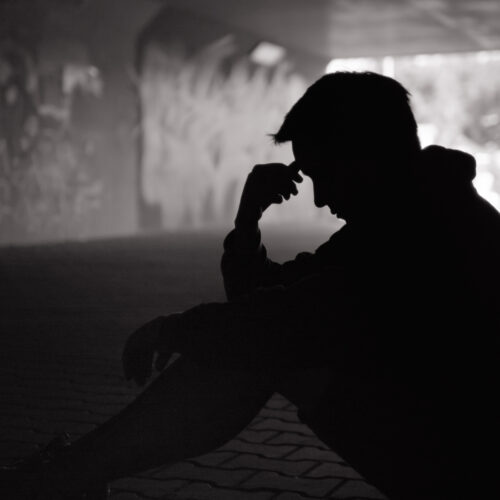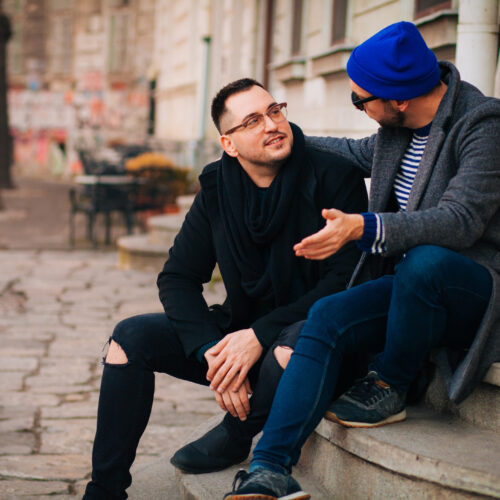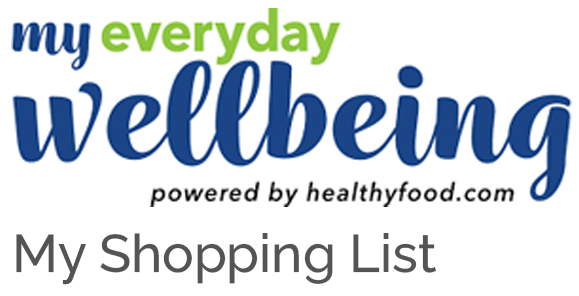
Whether it is a partner, friend, colleague or family member, one of the hardest conversations we can have is telling someone that they have hurt or upset us. According to Elizabeth Jane, a respected mental health expert, relationship coach and author of Free and First – Unlocking Your Ultimate Life, it is not only possible to communicate hurt in a healthy way, it can actually strengthen the relationship if done well.
Having rebuilt her life following a sudden and traumatic divorce after 25 years of marriage, Elizabeth Jane understands what it means to navigate pain and challenges. Her journey from heartbreak to healing now informs her mission to help others reclaim their power, raise their energy and create meaningful relationships rooted in self-worth and truth.
“Many people avoid these conversations because they fear conflict, rejection or emotional fallout,” Jane said.
“But when we suppress how we feel, it leads to resentment, emotional distance and ultimately disconnection.”
Elizabeth Jane outlines her insights on how to help people navigate this difficult yet rewarding journey.
Why people stay silent when they feel hurt
Jane explained that people often silence themselves in relationships because they don’t want to appear needy, sensitive or confrontational. They worry that speaking up will damage the bond or push the other person away.
“But the truth is, unspoken hurt doesn’t just go away, it festers. Ultimately that unspoken tension shows up later in passive comments, emotional withdrawal or even the eventual breakdown of the connection,” Jane said.
How to express hurt without creating conflict
The key, according to Jane, is emotional honesty delivered with care. The goal is not to blame but to be seen. Starting with how you feel rather than what the other person did shifts the energy from accusation to understanding.
“When you say, ‘I felt hurt when this happened,’ rather than, ‘You hurt me,’ it opens the door to a compassionate conversation instead of a defensive reaction,” she said.
Tone matters, timing matters and so does your intention. If you approach the conversation with the desire to restore connection, not to punish, the person is more likely to listen and the relationship is more likely to deepen.
The strength in vulnerability
Jane said many people fear that vulnerability is weakness, but the opposite is true.
“There’s great power in saying, ‘That hurt me, and I want to talk about it because I value this relationship.’ It shows self-awareness, maturity and emotional courage,” Jane said.
“It also teaches others how to treat you. Every time you speak up with clarity and kindness, you model what respectful communication looks like.”
Why emotional honesty builds stronger relationships
Rather than breaking trust, Jane believes that healthy confrontation builds it. When people feel safe enough to be honest about how they feel, relationships become more resilient. They are no longer built on assumptions or unspoken pain, but on truth, empathy and mutual respect.
“If you want meaningful relationships, you need to be able to navigate hard emotions together. That’s where real closeness is created,” Jane added.
About Elizabeth Jane
Elizabeth Jane is an Australian artist, author and public speaker. She uses a selection of painting media in her art, including acrylic oil and water colour. Digital and canvas versions of her art are available for purchase through her website. Jane’s debut book, ‘Free and First—Unlocking Your Ultimate Life’, was written as part of her healing process following her divorce, which ended a 25-year marriage. Jane aims to develop wellness centres and healing sanctuaries focused on helping people to recover from relationship breakdowns and other life issues.
www.myeverydaywellbeing.com













